On June 11, 2019, Grand Challenges Explorations grants were announced for 59 researchers from 26 different countries around the world. Each will receive US$100,000 to conduct early-stage research projects focusing on one of seven global health and development challenges selected for this Round.
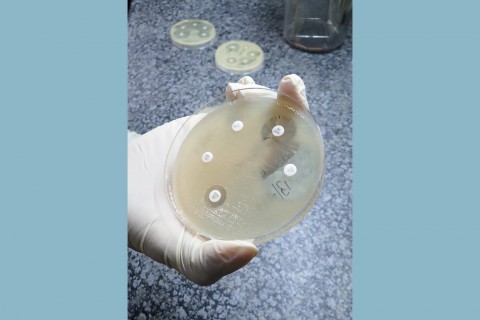
Tisungane Mvalo and Gerald Tegha of Lilongwe Medical Relief Fund Trust along with Msandeni Chiume at Kamuzu Central Hospital both in Malawi and Pascal Lavoie of the University of British Columbia in Canada will establish metagenomic next generation sequencing at a research laboratory in Malawi to identify pathogens causing infections in young infants to ensure rapid treatment with appropriate therapy and limit unnecessary antibiotic use.
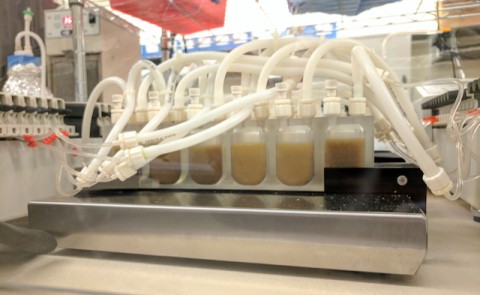
David Mills of the University of California, Davis in the U.S. will determine whether specific plant-based oligosaccharide formulations can drive mixed-culture growth of selected strains of intestinal bacteria for the low-cost and efficient production of live biotherapeutics. Microbial colonization in the human gut is important for overall health.
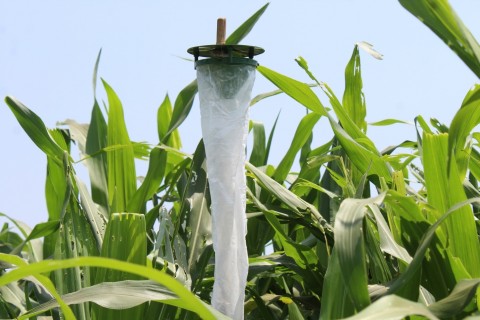
Molly Brown of Syngenta Foundation for Sustainable Agriculture in the U.S. will develop an early warning system for crop diseases for rural farmers in Africa by gathering data using existing infrastructure and mobile tools from commercial partners and applying machine learning pest models.
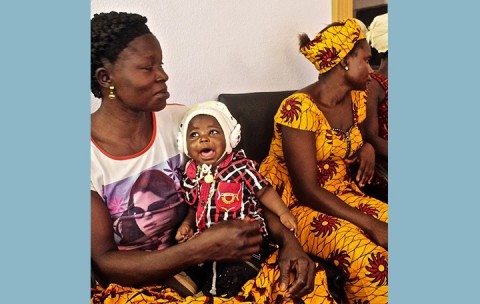
Bolanle Oyeledun of the Center for Integrated Health Programs in Nigeria will develop a new approach that involves teaching Nigerian parents to leverage their motivations for ensuring their children were fully immunized so that they can persuade other parents in low-income settings to do the same.
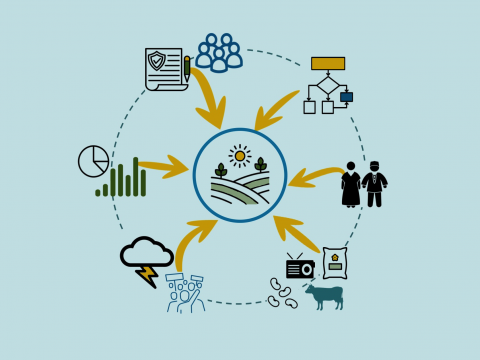
Christine Lamanna and Todd Rosenstock of the World Agroforestry Centre in Kenya will develop a strategy that combines local knowledge and a Bayesian network model to prioritize agricultural policy using Tanzania’s Agriculture and Food Security Investment Plan as a case study.
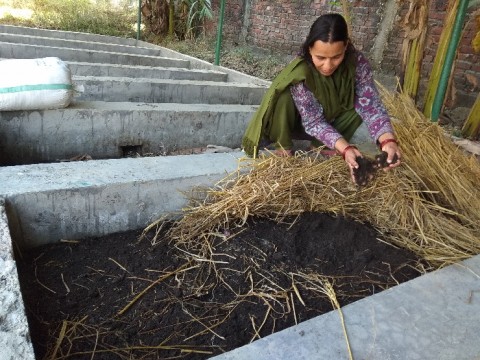
Shivani Malla of Oxfam in Nepal will improve the management of solid waste in Nepal using technology including geographic information systems (GIS) to map populations and optimize collection routes, mobile phone-based customer services, and digital monitoring for the public and private sectors.
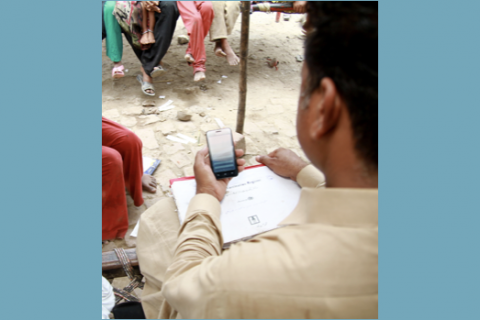
Rumi Chunara of New York University in the U.S. will collect data from mobile phones of healthcare workers to develop algorithms that will help prioritize healthcare resources to increase vaccine coverage in Punjab, Pakistan. Immunization is one of the most cost-effective and successful public health strategies and is estimated to prevent up to three million deaths each year.
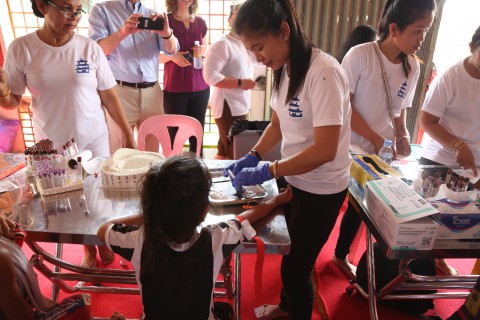
Jessica Manning and Fabiano Oliveira of the National Institute of Allergy and Infectious Diseases along with Daniel Parker of the University of California Irvine, all in the U.S., will develop a combinatorial approach to better define the incidence of vector-borne diseases in Cambodia in order to limit their transmission.
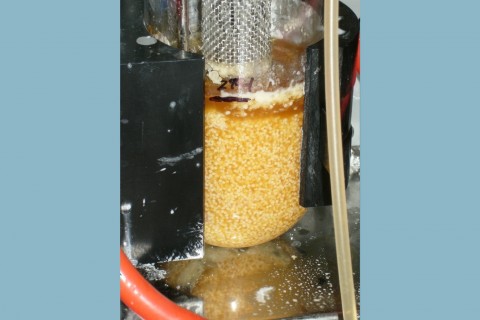
Christophe Lacroix of ETH Zürich in Switzerland will develop a new method to grow mixed strains of bacteria in bioreactors more efficiently and at lower cost for producing microbial-based biotherapeutics by immobilizing the bacteria on porous polysaccharide gel beads.
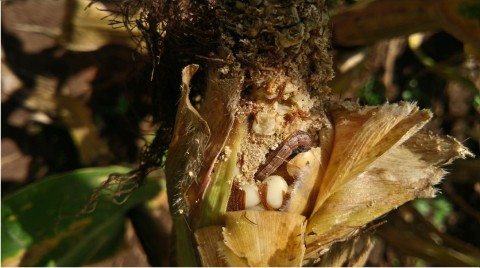
William Kunin of the University of Leeds in the United Kingdom will develop methods to monitor agricultural pest outbreaks in Africa using data from dual-polarization weather radar.
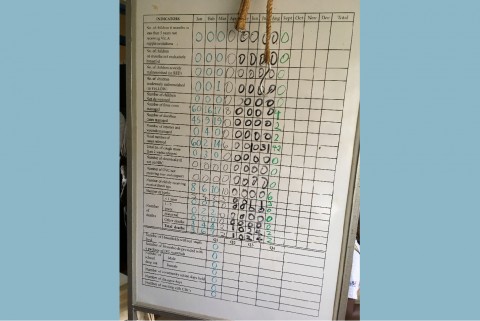
Nico Vandaele and Catherine Decouttere from the Katholieke Universiteit Leuven in Belgium along with workers at the St. Francis of Assissi Community Dispensary in Kenya will develop a decision support tool for community workers who vaccinate children that incorporates the diverse characteristics and needs of the local parents and caregivers to help them improve vaccination uptake.
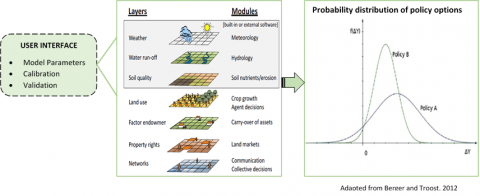
Kindie Tesfaye-Fantaye of the International Maize and Wheat Improvement Center in Mexico will develop a computational model that incorporates the variable characteristics of households and farms to better predict the outcomes of agricultural interventions in Ethiopia in order to inform policy choices.
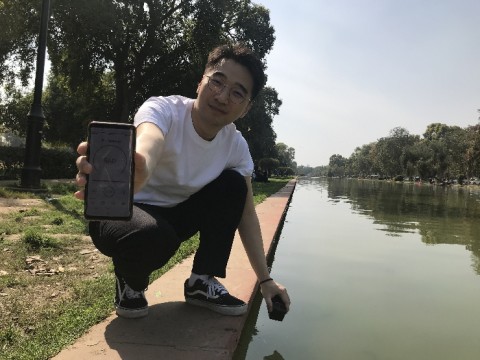
Doyeon Pi of PiQuant and Ki-Hun Jeong of the Korea Advanced Institute of Science and Technology both in the Republic of Korea will develop their small, low-cost, water quality test equipment and a GIS-based monitoring system to continuously map water quality in real time across Vietnam.
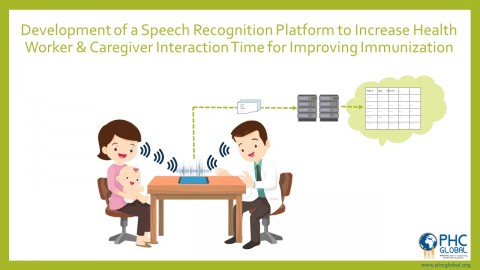
Noshad Ali of Precision Health Consultants Pvt Ltd in Pakistan will develop a speech recognition platform to record child vaccination data and increase efficiency at vaccination clinics.
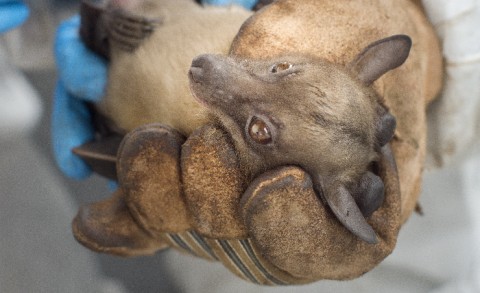
Cara Brook, Jean-Michel Héraud, and Soa Fy Andriamandimby of the Pasteur Institute in Madagascar, and Jessica Metcalf of Princeton University in the U.S. will establish metagenomic next generation sequencing (NGS) in Madagascar to analyze samples from undiagnosed fever patients and from bats to identify bat-derived viruses that cause human infectious diseases and help develop new diagnostics.
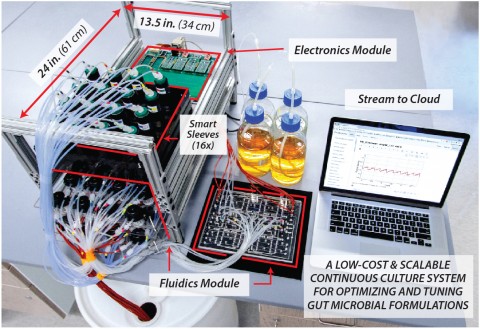
Ahmad Khalil of Boston University in the U.S. will develop a low-cost bioreactor platform to simultaneously optimize growth conditions of multiple bacterial species for large scale production of biotherapeutics.
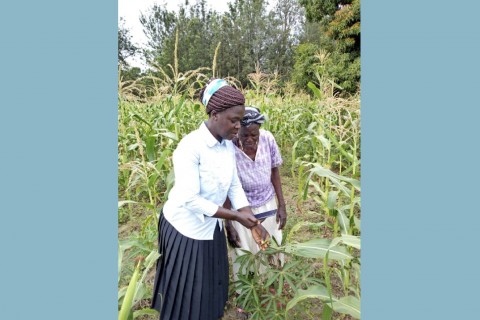
Melanie Bannister-Tyrrell of Ausvet in Australia will create an SMS-based communication system for farmers in Kenya to anonymously report crop disease and pest infestations and generate surveillance data to minimize crop loss.
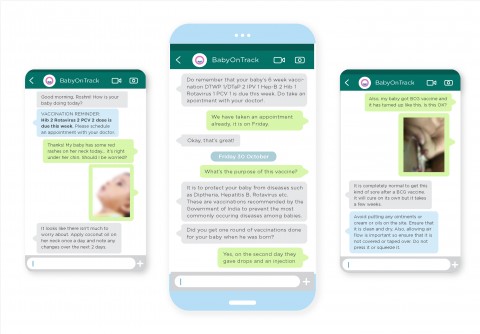
Suparna Kalghatgi of Bempu Health Private Limited in India will introduce an online, personalized messaging platform to educate parents and caregivers on immunization and address their concerns to increase vaccine compliance and decrease childhood morbidity in India.

Rachel Sklar of Pit Pumpers Ltd. in Rwanda will develop an interactive SMS messaging platform to increase community use of companies to safely empty pit latrines in Rwanda by using communication to increase demand and thereby decrease cost and wait-times for service calls.
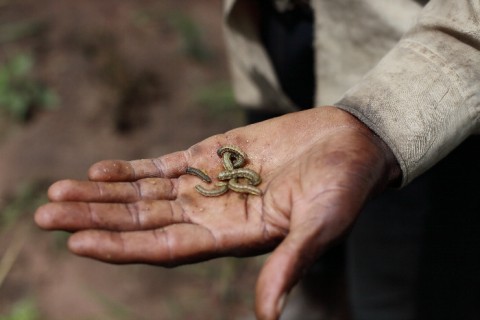
Peter Wagstaff of Self Help Africa in Ireland will build an advanced machine learning algorithm that automatically analyzes high-resolution satellite images for near real-time, low-cost detection of crop pests and diseases across wide, varied landscapes.